Understanding the science of sleep can help you sleep better and improve your overall health. Here’s why we need sleep.
RELATED: Advantages of Using A Nano Gel Pillow And How Can It Make You Sleep Better?
Science of Sleep | How a Good Mattress Helps You Get Good Sleep
Promotes Proper Spine Alignment
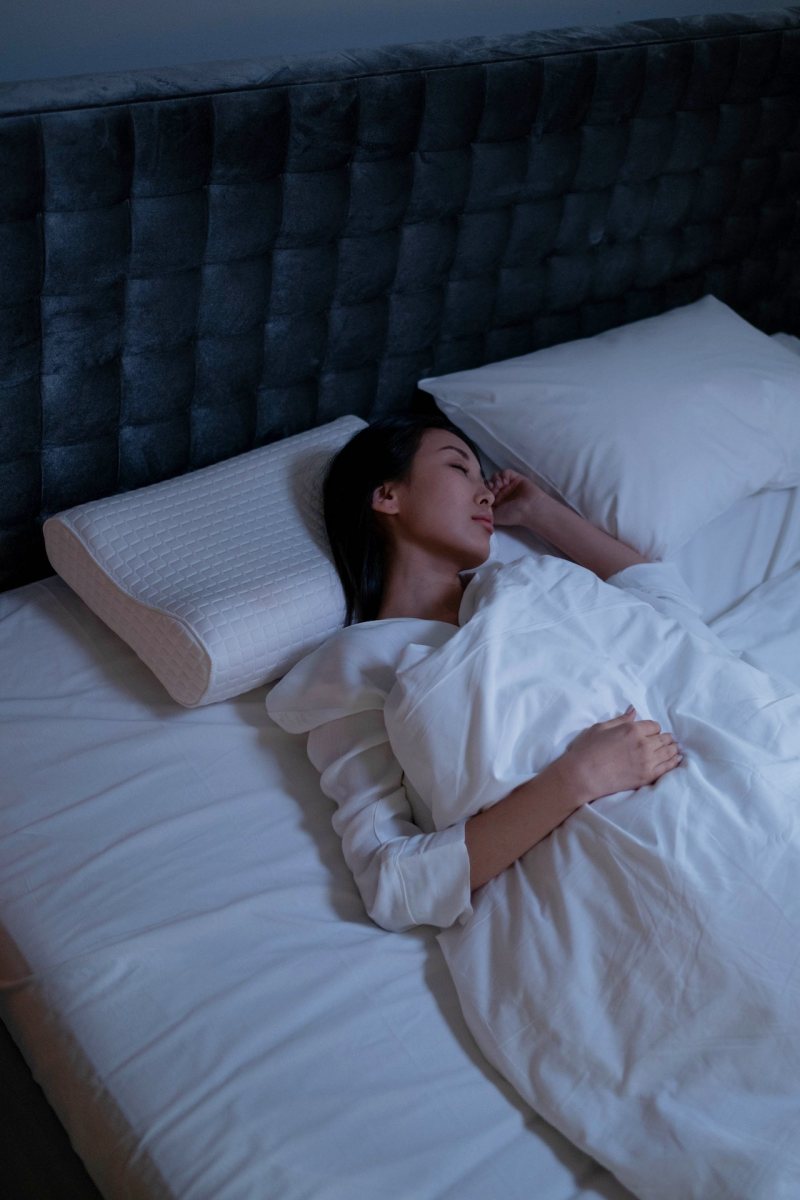
One of the most important roles of a mattress is to improve your posture.
What most sleepers don’t know is that maintaining good posture when you lie down is just as important as when you’re seated or standing upright. Our spine has three natural curves—along our lower back, mid-back, and our neck. If you have good posture—whether you’re upright or lying down—you maintain these curves and keep your spine in its natural position.
Slouching at your desk or misaligning your spine in bed can cause your joints and muscles to strain or overwork unnecessarily. A good mattress promotes good posture by molding to the contours of your body, cradling your natural curves while simultaneously bolstering and holding up dips in your body. In effect, your body is well supported and your muscles and joints stay relaxed throughout the night.
Another thing sleepers might find surprising? Just like your experience back and shoulder pains from slouching in your 9-5, you can also experience chronic body pains from poor posture from 10 pm to 6 am.
Prevents and Improves Body Pains

A good mattress may also help improve body pains in sleepers dealing with injuries, joint pain, or arthritis. Hybrid mattresses typically come equipped with pressure-relieving layers like Talalay latex or memory foam.
The best mattress presents body pains by bolstering the natural curves of your spine. Muscles that are unsupported tend to tense and overwork at night, leading to the next morning’s back pain. In fact, back pain is a telltale sign of a bad mattress.
Sleep loss can also worsen muscle pain and headaches. So sticking to a mattress that sags and dips in areas where you need the most support can entrap you in an endless loop of sleeplessness and chronic pain.
Getting good quality sleep may help you both recover from back pain and injuries and stave off body pain.
Improves Sleep Quality

Getting good quality sleep improves your brain function and cognitive performance. A good mood is also a testament to good sleep. You can also expect your immune system to be stronger and more resistant and your body functions at peak conditions.
Quality sleep means getting seven to eight hours of rest. But the most important thing to note is that your sleep should be uninterrupted. If you sleep for a series of three-hour naps, unfortunately, that’s not quality sleep.
And growing research shows that getting good sleep isn’t limited to getting refreshing sleep—it’s life-sustaining.
RELATED: Tips To Get A Good Sleep And Boost Your Immune System
Helps Keep Diseases at Bay

Do you feel fatigued even after seven hours in bed? Is your uncomfortable bed keeping you from getting a good night’s rest? Does your body pain keep you up at night? These are signs of a bad mattress—and possible causes of sleep deprivation.
Sleep deprivation affects many major body systems, like your nervous system, cardiovascular system, immune system, and endocrine system. Loss of sleep can negatively impact normal bodily functions and leave your body worse off.
Over the years, researchers have identified links between sleep loss and:
- obesity
- glucose intolerance and diabetes
- heart disease
- high blood pressure
It also hurts your mental health, possibly increasing your risk of anxiety, depression, and alcohol use.
A good mattress can indirectly affect your health and well-being. By contributing to the best possible sleep, a mattress may help improve your sleeping posture and, in effect, prevent and improve body pains.
The health risks of sleep deprivation are well-documented and highlight the importance of getting a good night’s rest. Sleep is as important as eating and breathing. And if a mattress can improve the quality off your sleep, it’s a worthy investment towards your health.
What Happens When You Sleep?

While you rest, your body works on overdrive overnight to:
- build muscle and bone
- repair body tissues
- consolidate your memory
- rid your brain of toxins that collected during the day
- strengthen your immune system
- release hormones
- regulate emotions
All this happens while you rest easy at night. There are short- and long-term repercussions to sleep deprivation. The morning after a restless night, you’re moody, fatigued, and struggling with your memory. Over time, you may face obesity, high blood pressure, and diabetes.
Sleep impacts both your physical and mental health now and fifty years into the future.
How Much Sleep Do I Need?

As we age, we need less and less sleep.
Newborns require the most sleep, tucked into their cribs 14-17 each day. This includes naps and long sleep at night. Toddlers require less shuteye, sleeping for 11-14 hours a day. School-age children see for nine to twelve hours each day. Adults only need to sleep at least seven hours each day, while older adults over 65 only sleep seven to eight hours each night.
What if you didn’t get enough rest? Can you make up for that the following night? Yes, you absolutely can. Unfortunately, you can’t make up for a week’s worth of sleep loss.
Set a routine that you’re confident you can abide by, whether it’s a work day or the weekend. This includes going to bed at the same time every night and hopping out of bed at the same time in the morning. Your bedtime habits can include a nightly dip in a warm bath to help you destress and wind down for the day.
Science of Sleep | Why Do We Need Sleep?

Sleep is one of the three pillars of good health, along with a healthy diet and regular exercise. Optimal sleep allows your body to recover, get rid of toxins, and helps maintain life-sustaining bodily functions.
Good sleep—or a lack of it—affects many aspects of your overall well-being. It can impact both your physical health and mental health and leave you at higher risk of diseases or protect you against them.
Do you understand the science of sleep and the part a good mattress plays? Are you convinced that a mattress is a good investment? Share your thoughts with us below! We’d love to hear from you.
UP NEXT:












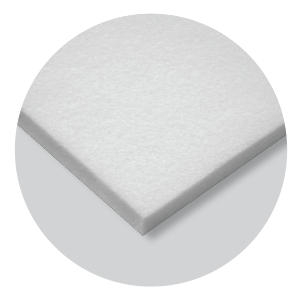
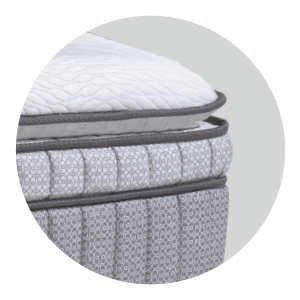
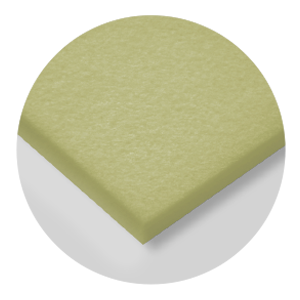

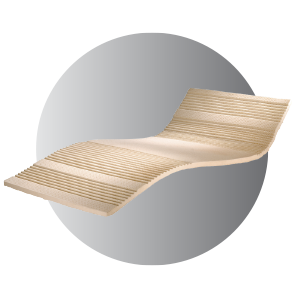



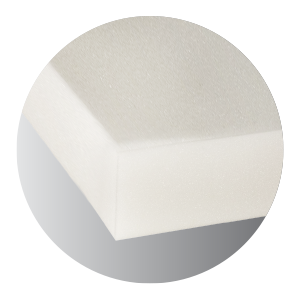


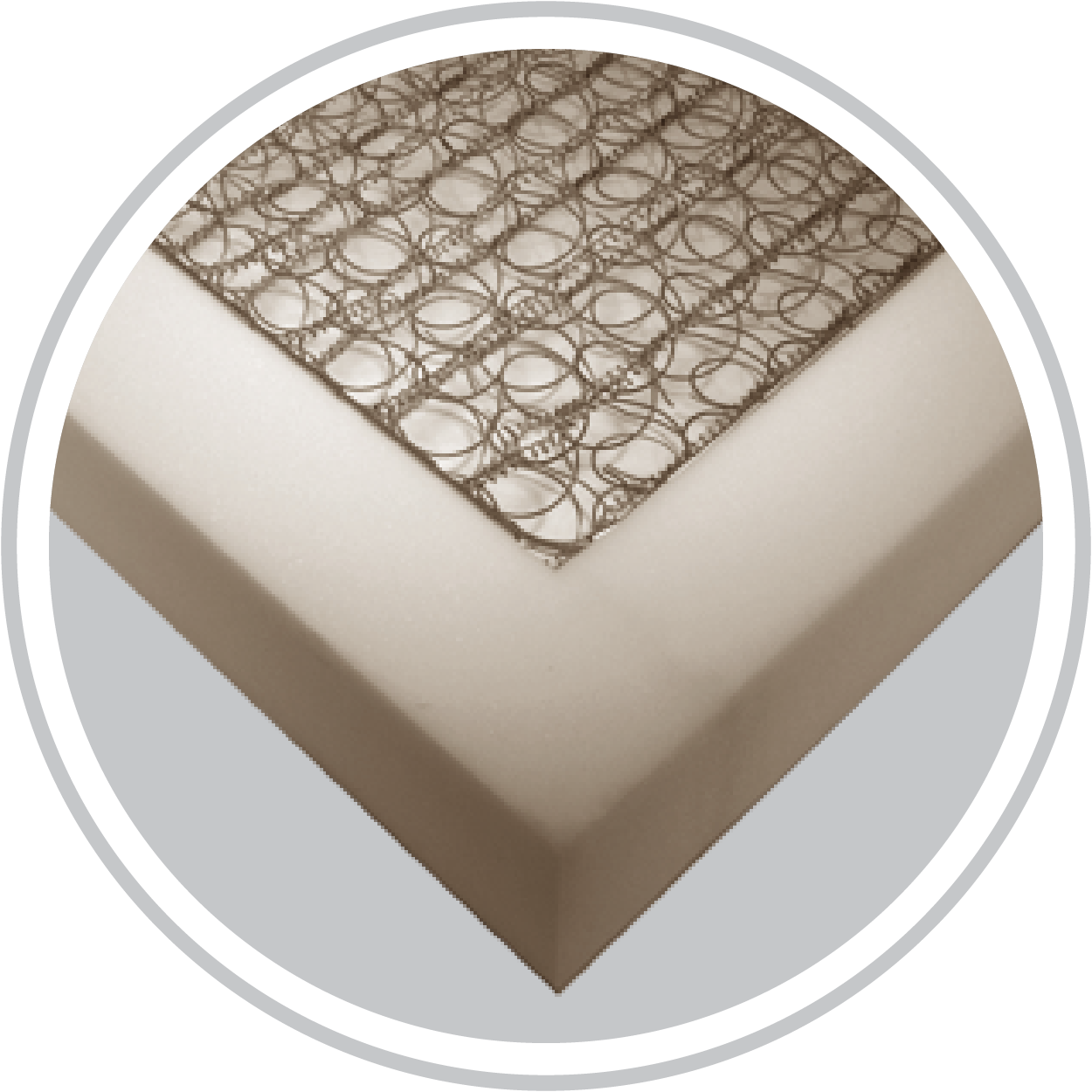

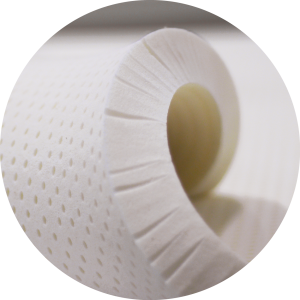





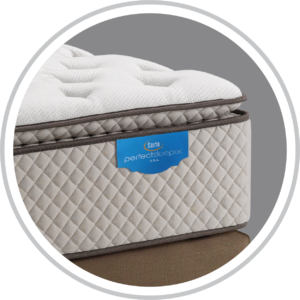
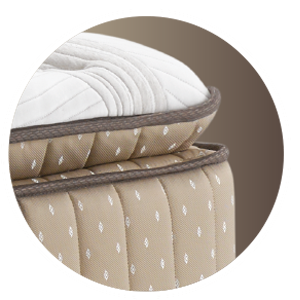
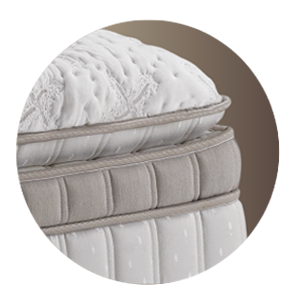


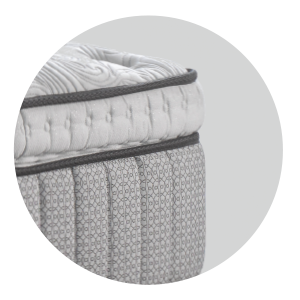






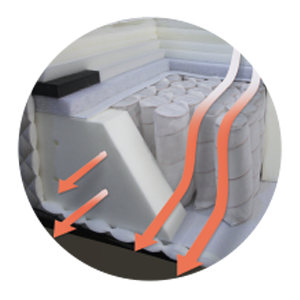


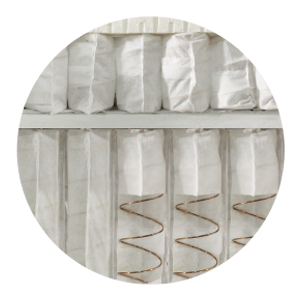





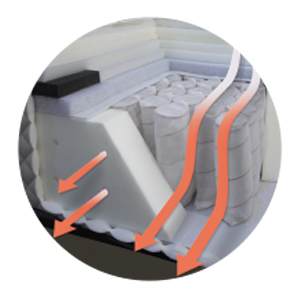
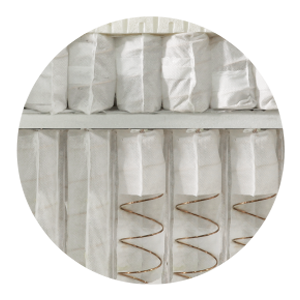
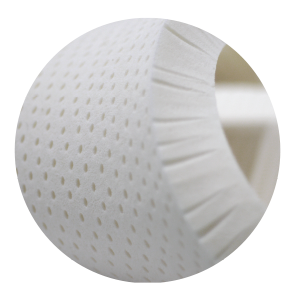


0 Comments